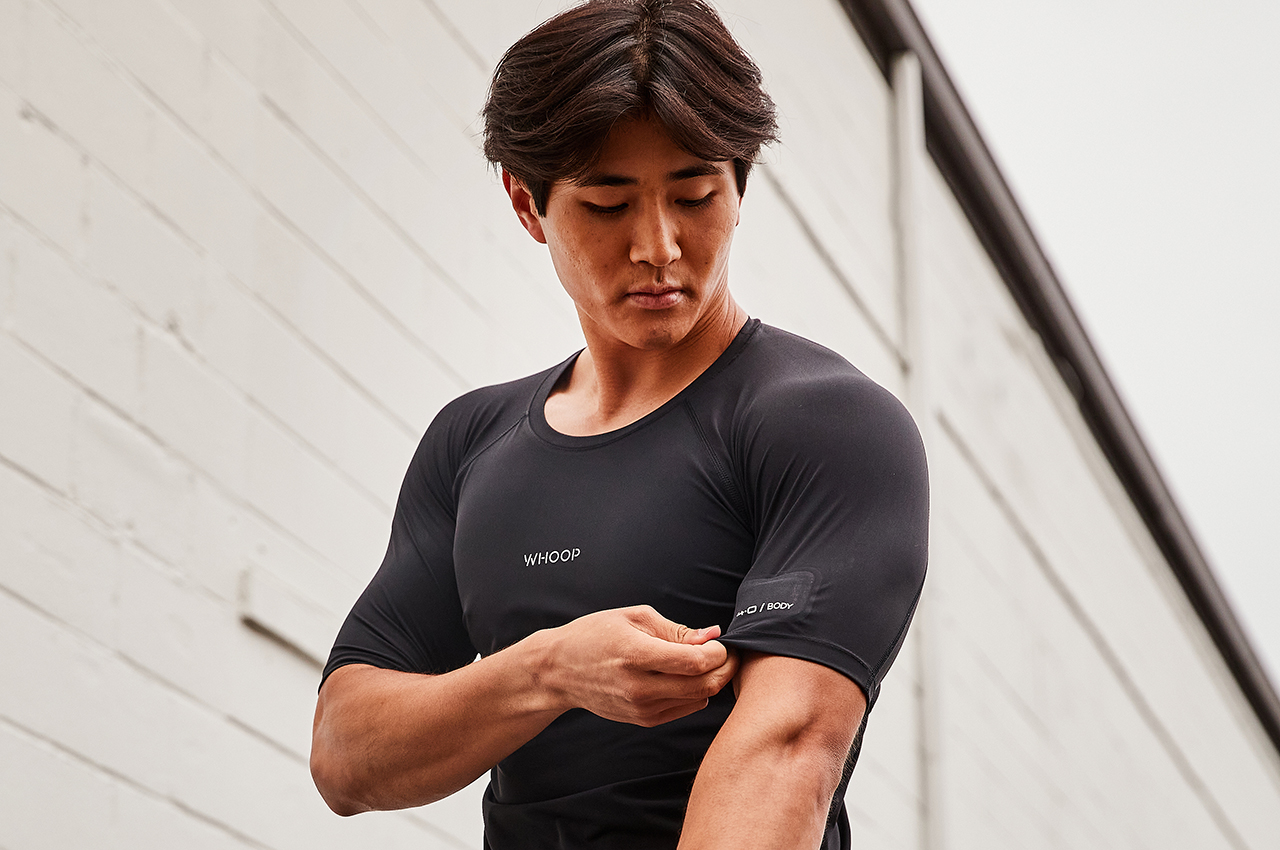With the smart clothing industry poised to top $5.3B, get ready for a revolution in wearables.
- WHOOP is launching WHOOP Body, its smart clothing line featuring Any-Wear sensor technology. The wearable giant raised $200M this past August.
- In June, UK-based Prevayl secured £7.5M ($10.3M) to continue growing its smart sportswear offerings.
- Cipher Skin raised $5M in March to bolster the firm’s smart sensor technology, which can be wirelessly integrated into clothes.
Missing threads. Smart clothes—tech-integrated fabrics that can measure a user’s biometrics—are nothing new. Biosensor clothes manufacturer OMsignal launched in 2011 with over $24M in backing but filed for bankruptcy in 2019.
Across the market, adoption has lagged behind wearables despite widespread interest in fitness and health tracking.
Why the gap? Experts point to a variety of factors:
H2O hiccups: Creating washable electronics is a challenge. Until recently, engineers have found it difficult to craft clothing that can be periodically rinsed.
Price problems: Smart clothes tend to be prohibitively expensive. The average consumer can’t afford an entire tech-enabled wardrobe, especially when a shirt can cost over $200.
Trend troubles: Different consumers have different bodies, tastes, and styles that evolve every season. Unlike a simple watch or ring, apparel is an outlet of expression that many are unwilling to sacrifice.
Patching the seams. Despite these challenges, smart clothing startups are pressing on. Beyond WHOOP’s big move, startups are jostling for a bite of the $5.3B market:
- Athos leverages EMG technology to help monitor muscle engagement, heart rate, weight distribution, and form during workouts.
- Siren makes washable socks that can detect otherwise-unnoticed injuries, even helping diabetics avoid foot amputations.
- Wearable X is breaking into the yogi landscape with smart leggings featuring posture monitoring and vibrational guidance as a digital guru.
Next up, Big Tech also believes in the future of connected clothes. Google has ventured into the space with Jacquard™ by Google, while Samsung’s The Human Fit offers a smart business suit.
Takeaway: Smart clothing is coming. While the technology is certainly still developing, wider adoption may be all but inevitable given the broad cultural shift toward tracking our health. Startups and tech giants alike are betting that exploding interest, paired with improvements in technology, can turn the tides.
Research contributed by Wesley Yen
 Image: WHOOP
Image: WHOOP

